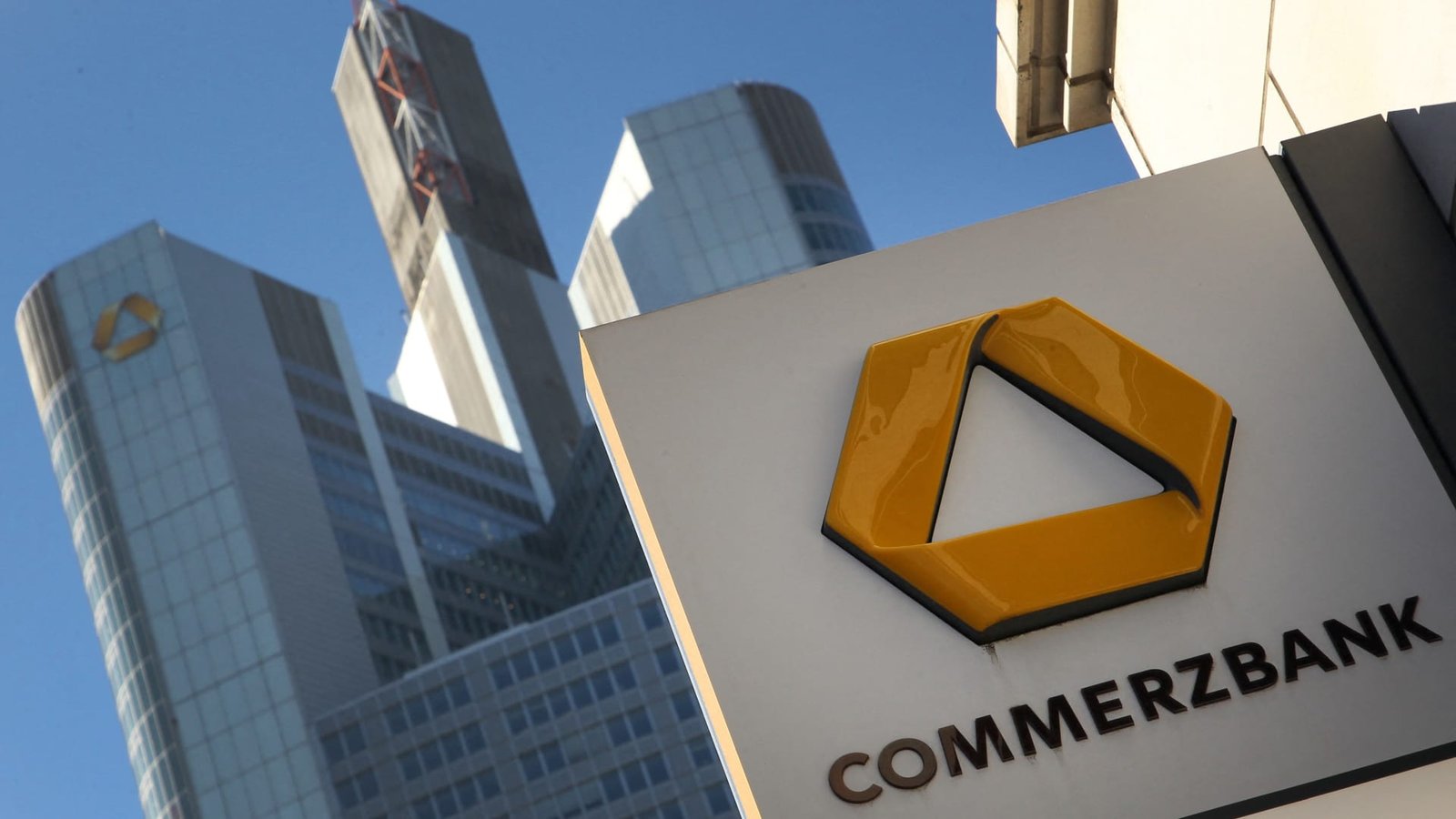Restaurants and pubs on James Street in London, UK, on Friday, Dec. 13, 2024.
Bloomberg | Bloomberg | Getty Images
The U.K. economy grew by 0.1% in the fourth quarter, beating expectations, according to a preliminary estimate from the U.K.’s Office for National Statistics (ONS) on Thursday.
Economists polled by Reuters had expected the country’s GDP to contract by 0.1% on the previous three months.
The British economy had recorded zero growth in the third quarter and has seen lackluster monthly GDP data since then, with a 0.1% contraction in October and a 0.1% expansion in November.
Sluggish growth and a recent drop in inflation prompted the Bank of England last week to make its first interest rate cut of the year, bringing its benchmark rate down to 4.5%.
The central bank signaled further rate trims were coming as inflationary pressures wane, but noted that higher global energy costs and regulated price changes are expected to push up headline inflation to 3.7% in the third quarter of 2025, “even as underlying domestic inflationary pressures are expected to wane further.” The BOE expected the inflation rate to fall back to its 2% target by 2027.
The central bank also halved the U.K.’s economic growth forecast from 1.5% to 0.75% this year.
Poor economic performance will stack additional pressure on U.K. Chancellor Rachel Reeves, whose fiscal plans, announced last fall, have been criticized for increasing the tax burden on British businesses. Critics say the plans, which increase the amount that employers pay out in National Insurance (NI) contributions — a tax on earnings — as well as a hike to the national minimum wage, could harm investment, jobs and growth.
Chancellor Reeves defended the “Autumn Budget,” saying its £40 billion of tax rises were needed to fund public spending and that she is prioritizing economic growth.
2025 growth downgraded
Economists had widely expected the British economy to end the year on a low note and have also downgraded their growth forecasts for 2025.
“Higher taxes for businesses, a lingering drag from the previous interest rate hikes and softer overseas demand explain why we have revised down our UK GDP growth forecasts, from 1.3% to 0.5% for 2025 and from 1.6% to 1.5% for 2026,” Paul Dales, chief U.K. economist at Capital Economics, said in a note this week.
City of London skyline view looking over the River Thames and Waterloo Bridge at sunset on 10th February 2024 in London, United Kingdom.
Mike Kemp | In Pictures | Getty Images
Sanjay Raja, senior economist at Deutsche Bank, concurred, saying that near-term downgrades to the U.K.’s 2025 growth outlook were “inevitable.”
“Bar any major revisions, the negative carry over effect from [the fourth quarter of 2024] will automatically drag on our 2025 growth forecast of 1.25%. How much of a downgrade could we be looking at? Roughly 0.25 percentage points – at minimum,” he said in a research note this week.
“There’s more bad news too. Survey data to start the year have also yet to show any bounce back. Downside risks to our first quarter of 2025 GDP growth forecast (of 0.3% quarter-on-quarter growth) are rising with the latest PMI data pointing to only a modest rebound to start the year. The threat of a trade war looks stronger too,” Raja said.
“To be sure, trade uncertainty will remain for some time,” he added.
Threat of tariffs
U.S. President Donald Trump threatened to impose tariffs on goods from the European Union and U.K. but has signalled that Britain, with whom the U.S. has a more balanced trade relationship, could strike a deal to avoid levies.
The U.K. is certainly hopeful that it can avoid Trump’s tariff wrath, with Reeves telling CNBC last month that the U.K. is “not part of the problem” when it comes to “persistent” trade deficits that the president wants to tackle.
U.S. President Donald Trump inspected an honour guard during a welcome ceremony at Buckingham Palace in central London on June 3, 2019, on the first day of their three-day State Visit to the U.K.
Mandel Ngan | Afp | Getty Images
Last week, the Bank of England stated that any potential U.S. tariffs on Britain “could be inflationary or disinflationary for the U.K. depending on other countries’ trade policies and the relative strength of different transmission channels.”
“Most of these channels would act to lower U.K. economic activity. However, some channels are likely to reduce U.K. inflation while others might push up on it,” the central bank said.
Lower U.S. demand for U.K. exports would be disinflationary, for example, but supply chain disruptions due to missing components could lead to short-term price spikes, the BOE noted.



